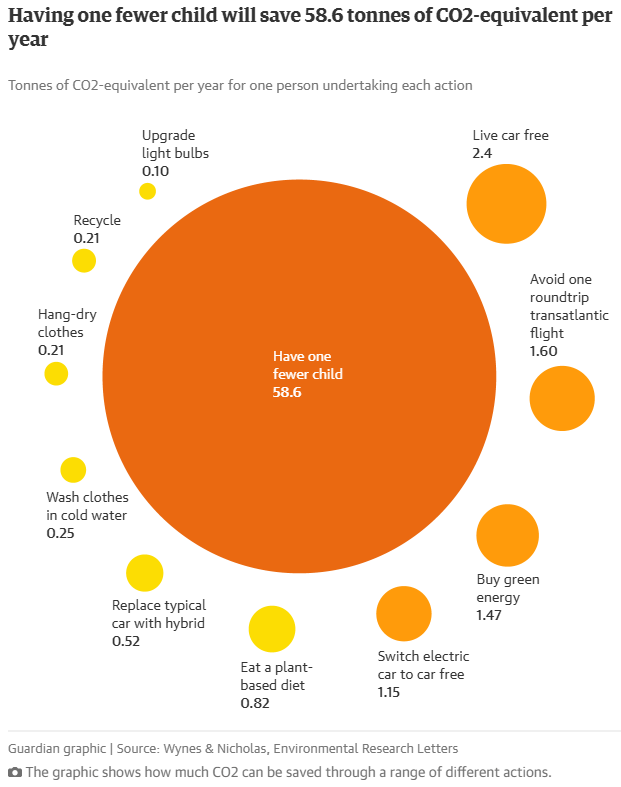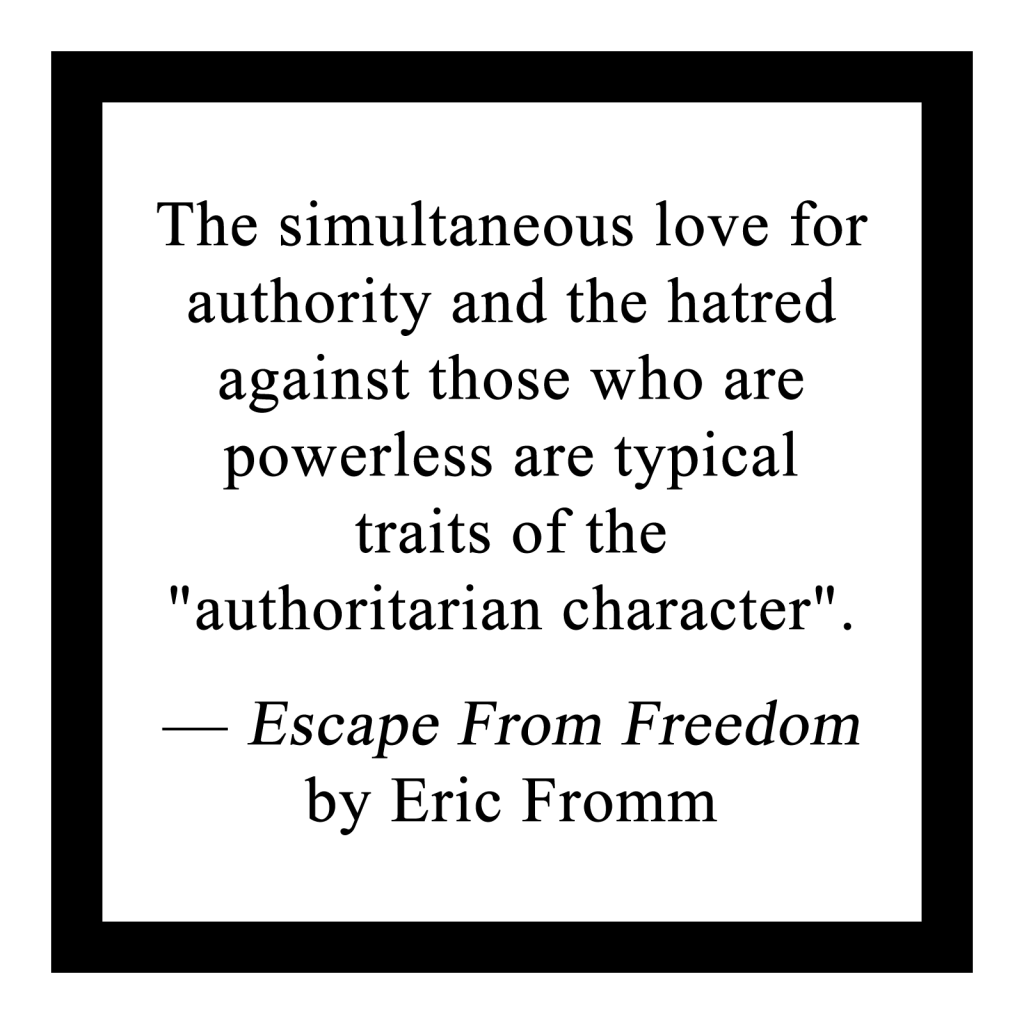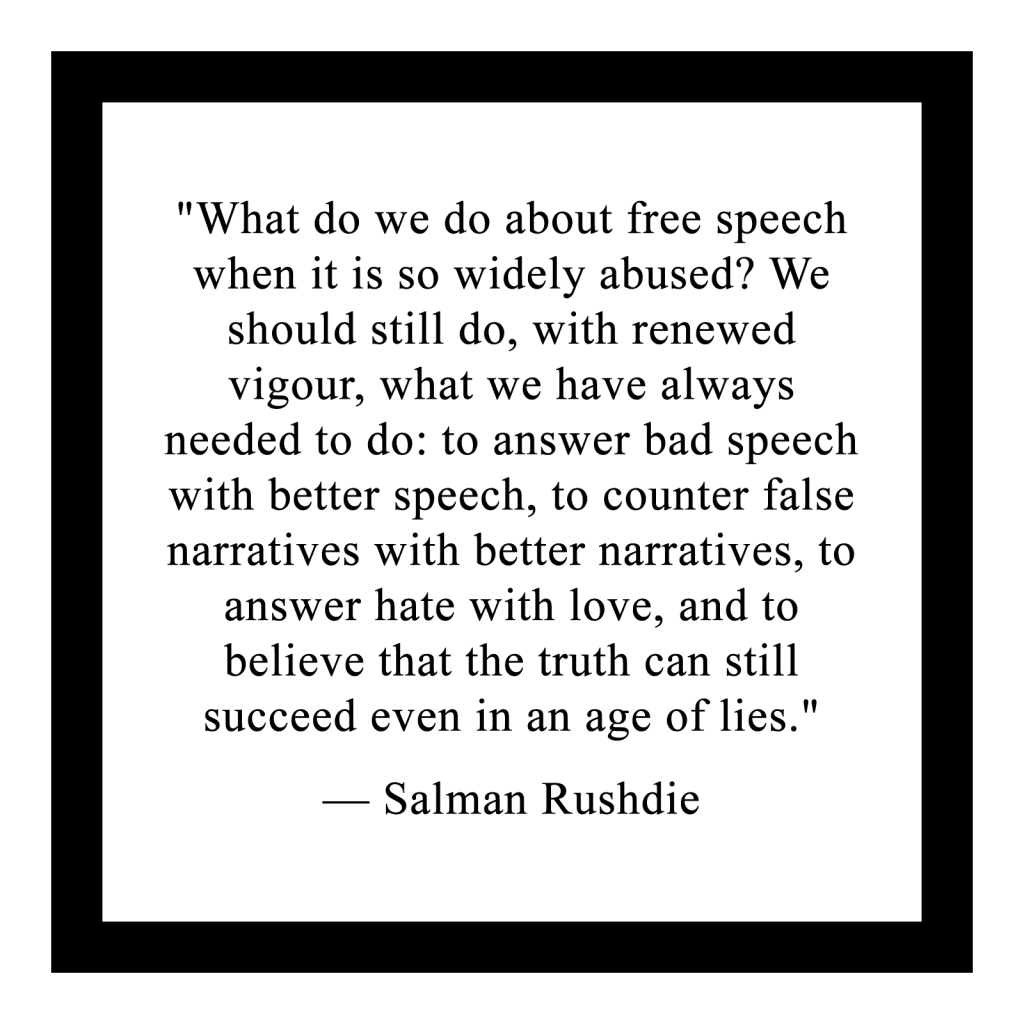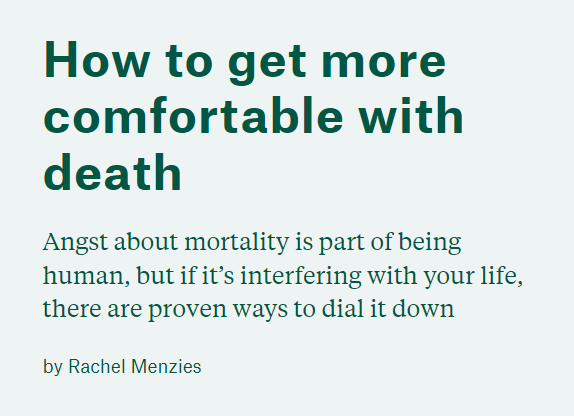I identified as a Christian for my whole life until two weeks in 2017 changed all that. In the subsequent seven years since then I’ve been trying to work out whether I really deconverted then or if that train had been a long time coming. I still don’t really know, but it’s probably more the latter than the former.
As I’ve blogged about before, I was indoctrinated into Christianity from birth. The particular version of Christianity I grew up in was what I call Fundamentalist Evangelical Christianity. The way I define this is it was Fundamentalist in that we believed the Bible was the literal “Word of God”. And Evangelical in that the type of church my family attended was of the Evangelical tradition, meaning it was different to say Baptist or Presbyterian traditions.
What that means is that I grew up under the eye of God. I understood that God knew everything, that everything came from Him, and He had a plan for my life. And although I might stray from this plan, and naturally rebel at times, I should expect to always find myself coming back to Him, apologising for straying, and recommitting myself to His plan for me. Looking back now, I wonder why I didn’t leave Christianity as I got older and could think more for myself. Some days I tell myself it was because I wasn’t equipped with the critical thinking skills necessary to do that. But other days I think I may have wanted the things Christianity promised me too.
Doubt in God is built into the Christian system. You are taught, even expected in a way, that you will have doubt about your faith from time to time. But you will always find your way back to God, along with a stronger faith because you’ve learnt that God was there all along. No doubt you’ve heard or seen about the classic Christian poster of two sets of footprints in the sand. So in 2016 when I started having doubts about my Christian faith, a part of me assumed I was just suffering a classic seasonal bout of the doubting blues.
Christian belief, in the Fundamentalist form, is a completely different interpretation and understanding of reality. God created the universe, he created all living things, he created humans with free will, but his humans chose to use this free will to live differently to the way God intended – they were living in sin. So God sent Jesus Christ to allow his humans to apologise for being sinful; Christians are taught that Jesus takes their sins so God “sees” Christians as being free from sin. Why is this important? Well the stakes are eternal, live in sin and when you die you are separated from God for eternity, but repent of your sin through Jesus Christ and when you die you live with God & Jesus Christ in Heaven for eternity.
As I’ve gotten older, and particularly since I deconverted from Christianity, I’ve learnt that some Christians didn’t have eternal stakes on their mind much at all. Some Christians were focused on just trying to live how God wanted them to, to get to Sunday feeling like they were mostly doing their best. But growing up I was a conscientious, intellectual young man whose mild OCD manifested in a strong, often overwhelming, desire to be right with God and to play my part in the eternal battle of good and evil. God had sent Jesus to share the Good News, the Devil wanted to deceive people, how was I going to make sure people heard the Good News? How should I serve God with my life?
So early in my 2016 season of doubt I didn’t anticipate I was going to abandon my faith at all. I reassured my Christian wife I was just going through a period of doubt, nothing to worry about. I talked to Christian friends, I prayed, I saw my pastor who recommended some books to read.
But the books didn’t serve their intended purpose. The tone of my concerns began to get more panicky. I can remember evenings outlining my issues with a certain fact of Christian theology and my wife’s worried face looking back at me. My therapist wasn’t any help either, although since he wasn’t a believer I didn’t expect him to understand or be able to help me.
What I found myself saying was that I was starting to believe the whole thing was made up. When Christians talked about the “still small voice of God” they were talking about the sound of their own mind talking back to them. For me the bottom had fallen out of my faith. I thought that if the foundation of it, whether there was actually a God who really existed, was false I didn’t see how I could continue believing.
As I wrote that last paragraph I got a warning from my Apple Watch that my resting heart rate had risen above 100 bpm. And that’s what it was like at the time: sweating bullets while well-meaning Christians tried to tell me I just needed to see the present darkness through. But it’s one thing to overcome your present troubles, it’s another thing to look back upon your life and start asking yourself “What was that? Could I have been raised with an illusion? And then taught how to produce the illusion for myself?”
After all, we convince ourselves of things all the time. That democracy is good. The government is in control. That she loves you. That things are going to get better. But time passes and we see things differently. Democracy is imperfect. Our governments lie. If she did love you, she doesn’t anymore. And I thought, if the question is do I want to believe in something because of the benefits it gives me, regardless of whether or not it’s real, then for me the answer was becoming clearer & clearer. The same young man that grew up a zealous Christian wasn’t going to be zealous when something that wasn’t real, wasn’t true.
My wife and I were living at the time in a place called Worcester Park in London in the UK. Because of my chronic illness I wasn’t well enough to work so I found myself going for long walks at the park and through the local woods, looking at the treetops and thinking about cosmology. One day, walking on a cloudy day, I thought to myself “What if I got onto my knees and prayed right now, would that be a sufficient act of devotion and desperation for God to reveal Himself to me?” Right then I knew that there would be no point. God couldn’t reveal himself if he didn’t exist.
I showed up at my next therapy session freaking out. What if I didn’t believe? What would that do to my marriage? My relationships with my parents? My brother and sister? I had never shown up to therapy that desperate or emotional before, it felt like the sky was falling and I was powerless to stop it. Looking back, that was the high water mark. The next therapist session I showed up still stressed but also still alive & breathing. The sky was still kind of falling, but on some level I was also happy to be finally acknowledging where I was at. I wasn’t pretending anymore and that felt good.
Eventually I settled on a kind of trial break. Maybe for a week or two, I wouldn’t be anything, not Christian, or non-Christian, I would just exist with my current beliefs and doubts and not force myself to believe in anything. Incredibly, those two weeks passed without incident. More weeks passed. Eventually I would realise in fact I had been on a long journey towards not believing and I had finally arrived. It was a strange kind of peace. I felt like I had been believing impossible things for so long because my marriage, my relationship with my parents, my whole life was based on it. It felt very uncomfortable but at least it didn’t feel insane anymore.
Much later on with distance, time, therapy, and healing I was able to take the well-meaning things Christians were saying to me. I now found myself on the other side of Christian culture and felt ashamed that once upon a time I had said those same well-meaning things. There was a feeling of fresh evangelism for my new (non)beliefs and a desire to convert Christians to them. In time I have found this desire has faded a little too. While I wish Christians didn’t believe the things they do, and didn’t raise their children in those beliefs without giving them the choice, I also understand these are not easy decisions to make. After all, if you feel powerfully that your beliefs are true and life affirming and transformative, why wouldn’t you share them with your children? I find myself looking at fundamentalist Christians these days and thinking, I guess you need Christianity, and maybe one day, like me, you won’t.














![A scan of the painting 'Agony in the Garden' by Corregio https://en.wikipedia.org/wiki/Agony_in_the_Garden_%28Correggio%29.
"[T]he painting was admired by Vasari in Reggio Emilia - he described it as:
a small painting one foot tall, the rarest and most beautiful thing, in which can be seen his small figures and Christ in the garden - the painting is set at night, with the angel appearing and by the light of his splendor illuminating Christ, who is shown so real and so true that it is impossible to imagine him being expressed better. At the foot of the mountain, on level ground, are three sleeping apostles, above whom he shows Christ praying, which gives an impossible strength to the figures; and even more so, in the background, he shows dawn rising and soldiers coming with Judas from one side of the painting: and in such smallness and with such intensity does he show this story, there is no work that is its parallel for patience and hard work."](https://oblivionwithbells.com/wp-content/uploads/2024/04/oracion_en_el_huerto_correggio.jpg?w=944)




